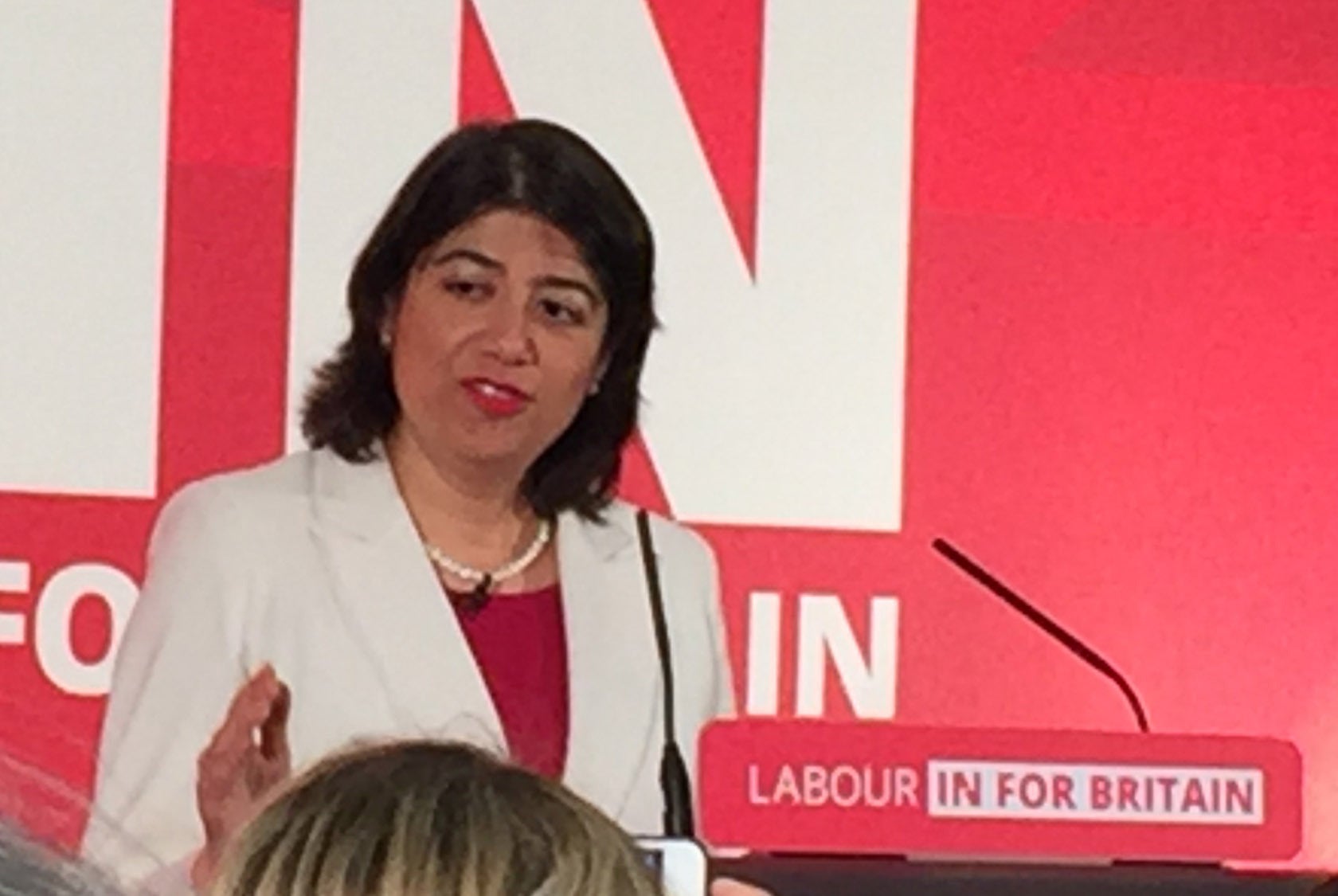The number of asylum seekers living in Home Office hotels has soared since Labour came to power, new government data shows.
35,651 asylum seekers were being housed in hotels as of 30 September this year, up from 29,585 just before the general election at the end of June. This is a rise of just over 20 per cent in three months.
Migration minister Seema Malhotra was challenged on the increased use of hotels on LBC on Thursday, with presenter Nick Ferrari pointing out that seven more have opened since Labour took office.
She said on Thursday: “We need to make sure that we are bringing hotel use down...We have a credible plan for reducing numbers coming here. We will see hotels closing as we return those who have a no right to be here.”
She said that there has been an increase in returns of migrants from the UK since Labour came to power. In the year ending September 2024, there were 7,708 enforced returns - up 41 per cent on the previous year.
New figures published on Thursday show there has also been a steady rise in the number of migrants living in dispersal accommodation, which is longer-term temporary housing used while someone’s asylum claim is still being processed. Over 65,000 people were being supported this way in September this year, an increase of nearly 7,000 on the same time last year.
Despite an increase in the number of asylum seekers living in hotels since the election, the overall numbers are still lower than the highs of last year - where over 56,000 people were in hotels in September 2023.
Meanwhile the UK’s asylum system now costs £5bn - the highest level of spending on record and up by more than a third in a year.
Home Office spending on asylum rose by £1.43 bn, up 36 per cent from £3.95 bn in 2022/23 to £5.38 bn in 2023/24. The latest figure is now the highest total since comparable data began in 2010/11.
It is more than four times the equivalent figure for 2020/21 (£1.34 bn) and nearly 12 times the total a decade ago in 2013/14 (£0.45 bn).

The total covers all Home Office asylum costs, including direct cash support and accommodation, plus wider staffing and other related migration and border activity.
The figure does not include the cost of operations responding to Channel crossings, intercepting migrants as they make the journey to the UK.
Although the majority of migrants entering the UK in this manner do then end up in the asylum system, data suggests.
While data shows that significantly more asylum decisions are now being made, following a boost in resources, the backlog of cases is still growing.
There were still 97,170 asylum cases in the backlog in September, up 13 per cent since June.
The Conservative government had stalled a lot of asylum decisions in the run up to the election, prompting home secretary Yvette Cooper to accuse the Tories of leaving her with asylum “Hotel California” where “people arrive in the asylum system and they never leave”.
Commenting on the rising number of asylum seekers in hotels, the prime minister’s official spokesperson said: “The government inherited an asylum system in chaos, with tens of thousands of people stuck in a backlog of claims that weren’t being processed, and a record number of small boat crossings.
“What this government has done is take immediate action to actually start processing claims and return people, redeploying thousands of staff and aleady returning more than 9,400 individuals with no right to be here.”







